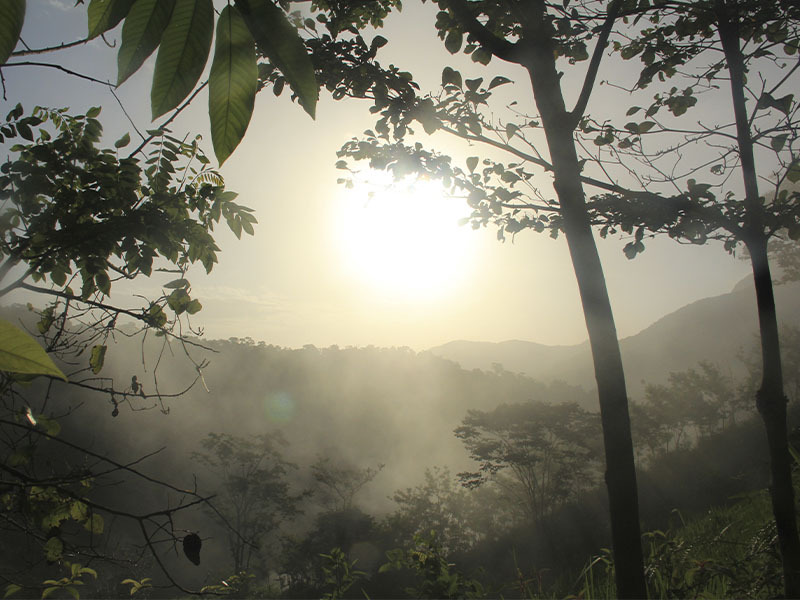Los viajes de turismo de naturaleza, conocido también como turismo natural, tienen como objetivo principal realizar actividades recreativas…
Turismo responsable, turismo sostenible, ecoturismo… Son conceptos que seguro que ya te suenan pero en los que tal…
El país más acogedor está listo para recibirte con una gran sonrisa, una taza de café caliente y…
Si bien el turismo de aventura ofrece varios beneficios para la salud física, no son menos los que…
El turismo sostenible se refiere a los tipos de viajes en los que se tienen en cuenta los…

















